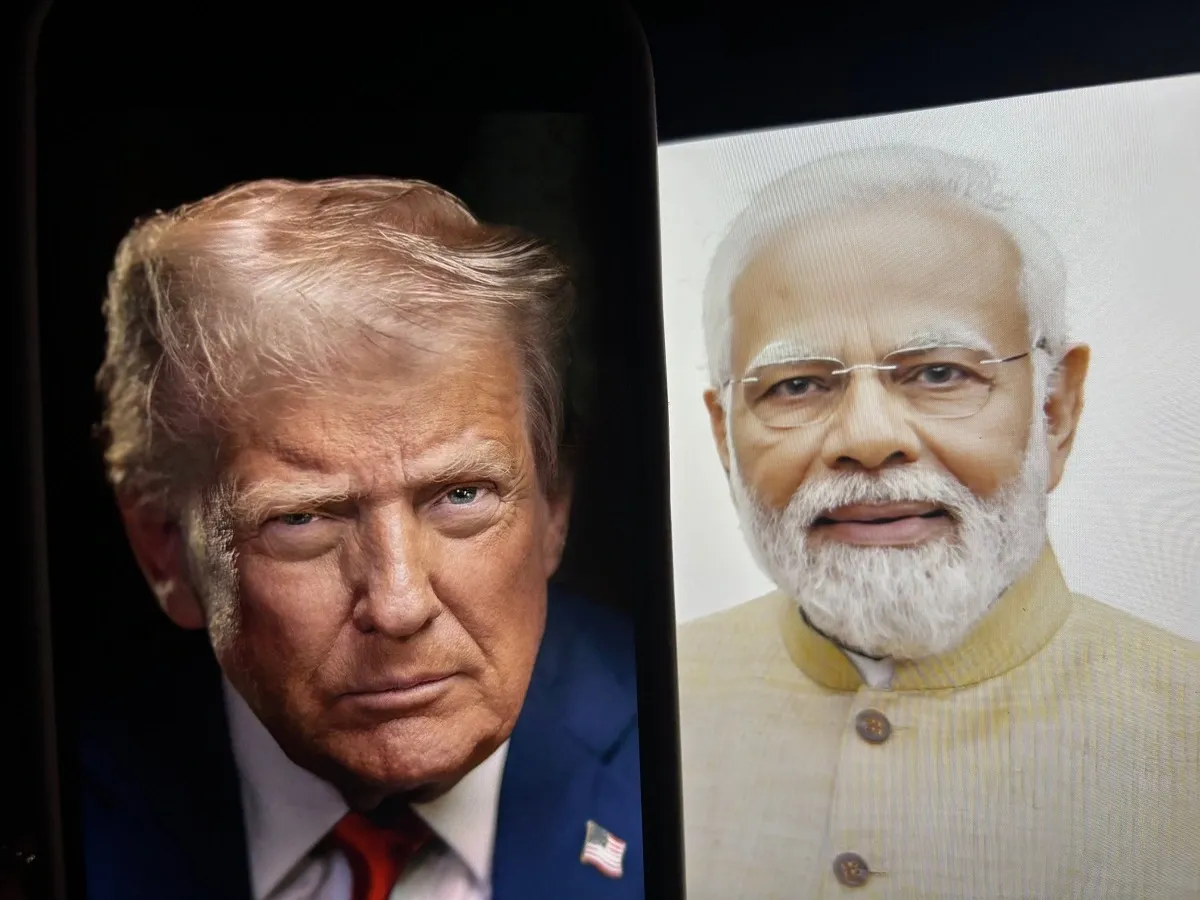Business News
India responds to Trump’s 25% tariff threat, says committed to fair trade deal

3 min read | Updated on July 30, 2025, 21:12 IST
SUMMARY
US President Donald Trump has announced a 25% tariff on India from August 1, amid signs of some stalemate in the ongoing negotiations between the two countries on a bilateral trade deal.

India and the US teams concluded the fifth round of talks for the agreement last week in Washington.
India said Wednesday it is studying the implications of US President Donald Trump’s latest remarks on bilateral trade and tariffs, while asserting that it remains committed to the objective of a "fair, balanced and mutually beneficial" trade agreement with the United States.
"Remember, while India is our friend, we have, over the years, done relatively little business with them because their Tariffs are far too high, among the highest in the World, and they have the most strenuous and obnoxious non-monetary Trade Barriers of any Country,” Trump posted on his Truth Social platform.
“Also, they have always bought a vast majority of their military equipment from Russia, and are Russia’s largest buyer of ENERGY, along with China, at a time when everyone wants Russia to STOP THE KILLING IN UKRAINE — ALL THINGS NOT GOOD!”
Trump's decision to single out India more severely than other major trading partners threatens to unravel months of talks between the two countries.
The commerce ministry said the government has taken note of Trump’s comments and is assessing their implications.
“India and the US have been engaged in negotiations on concluding a fair, balanced and mutually beneficial bilateral trade agreement over the last few months,” the statement read. “We remain committed to that objective.”
What are the sticking points?
The two nations have been engaged in months-long negotiations aimed at finalising the first phase of a bilateral trade agreement by the fall.
An interim deal was expected to precede the full agreement. A US delegation was scheduled to visit New Delhi on August 25 for the next round of talks.
India has resisted US demands for duty concessions on sensitive sectors like agriculture and dairy products, and farmers' associations have urged the government to exclude them from trade negotiations. India has never offered tariff concessions on dairy in previous free trade agreements.
Washington, on the other hand, wants concessions for a broad range of US exports, including electric vehicles, industrial goods, wines, petrochemicals, dairy, apples, tree nuts, and genetically modified crops.
“The Government attaches the utmost importance to protecting and promoting the welfare of our farmers, entrepreneurs, and MSMEs,” the ministry said.
It also emphasised that the government will take “all steps necessary” to secure India’s national interest.
Trump had previously announced high reciprocal tariffs on April 2, but implementation was suspended for 90 days, then extended until August 1 as negotiations with various countries, including India, continued for separate trade deals.
India has retained its right under World Trade Organization (WTO) rules to impose retaliatory tariffs if the talks collapse.
By signing up you agree to Upstox’s Terms & Conditions
About The Author
Next Story

